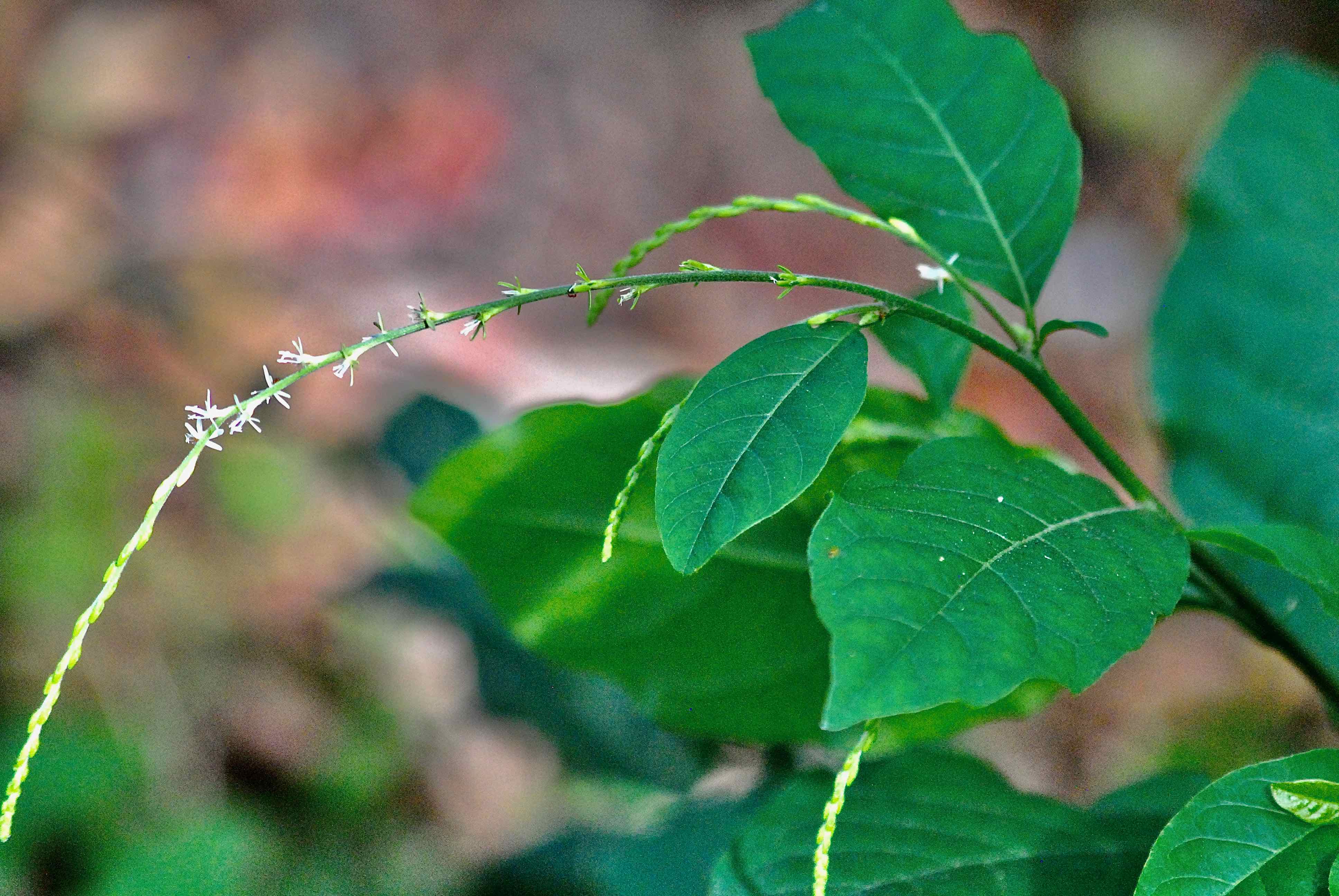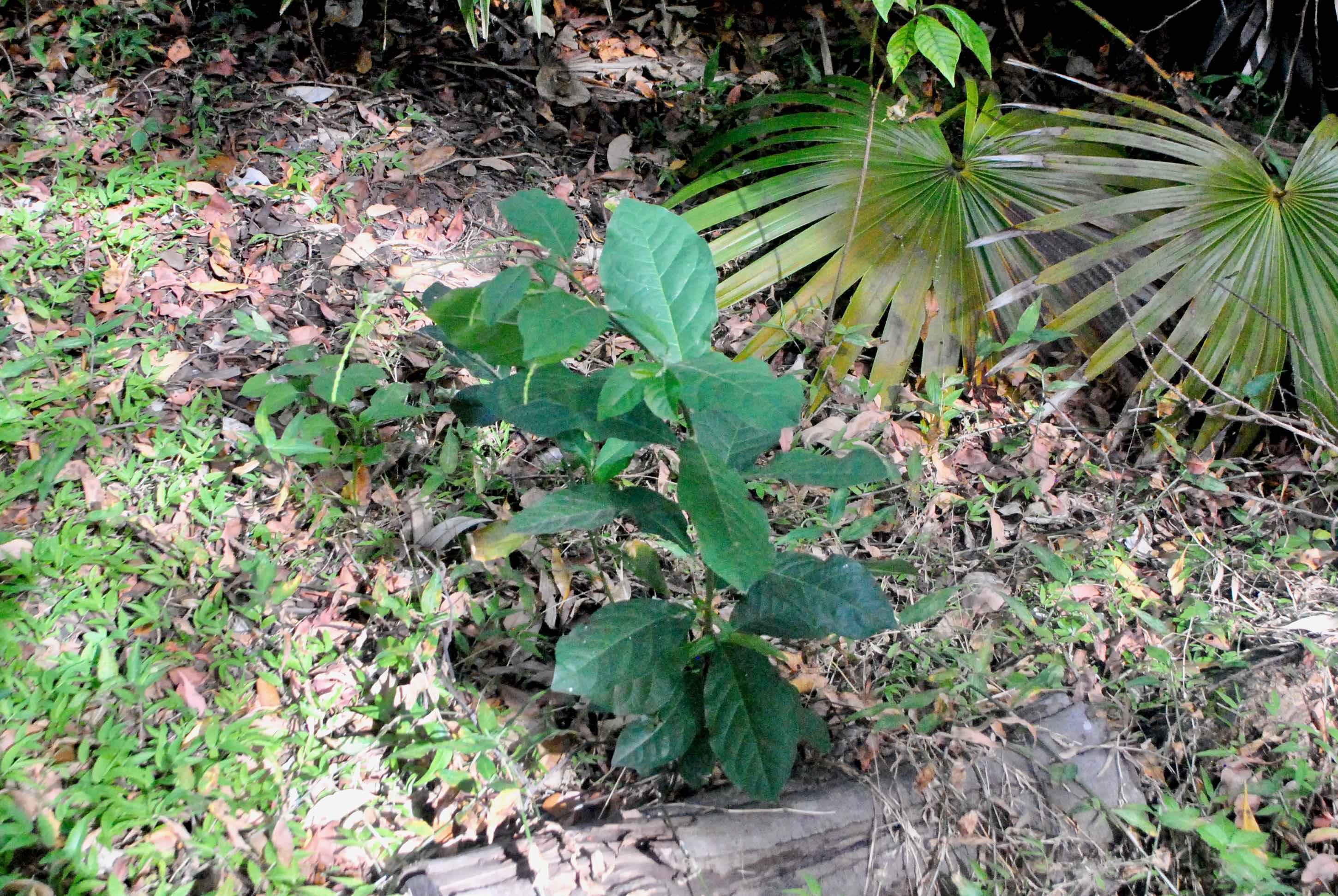
Guinea Hen Weed, photographed at Arch Creek Park, North Miami, Miami-Dade County, in April 2015.
Guinea hen weed, Petiveria alliacea, is about as plain looking as it gets. Even in full bloom, there's not much to about it that stirs anything other than perhaps a yawn.
But with some plants, like with people, it's what's inside that counts, and that's true with Guinea hen weed. It is loaded with chemicals that have that potential to fight some of humankind's most devastating diseases. Emphasis on the word potential.
It is a Florida native but apparently a rare one. The Institute for Regional Conservation classifies it as imperiled in South Florida but it is not legally protected. It's widespread throughout the Caribbean, from the Bahamas to the Lesser Antilles, through Mexico, Central America and South America. It's also found in Texas. It's been introduced to parts of Africa.
In Florida, Guinea hen weed is mostly found along the Atlantic Coast from Volusia County southward through the Keys, and in the central part of the state. The plant goes about two feet tall, with dark green, simple leaves that are elliptical in shape. It produces long, arching flower stalks, or racemes, that are covered with small, white flowers. Showy would not be a word to describe them. It grows in a wide variety of upland and wetland habitats, including hardwood hammocks, where we found these plants. The plant has a distinctive garlicky smell to it.
Guinea hen weed long has been used in traditional medicine throughout the Caribbean and South America to treat a lengthy list of conditions. In recent years, scientists have begun to take a look at the plant and its potential.
A tea made from the plant has been used to treat diabetes. One study showed it lowered glucose levels in diabetic rats, but the effect only lasted a couple of weeks. Not the most promising result. Guinea hen weed extracts have been used to ease the symptoms of osteoarthritis. In theory, it should work, and in rats it does. In humans, it works as well as a placebo, according to the Memorial Sloan Kettering Cancer Center.
As antimicrobial, antifungal, antiviral and antiprotozoal agents, Guinea hen weed extracts show promise, but more study is needed. Specifically a compound called dibenzyl trisulphide, shows promise in preventing malignant cells from reproducing. Again, more study is needed.
Other names include garlic root, anamu, strong man's weed and many others. It's also spelled henweed. It is a member of Phytolaccaceae, the pokeweed family.
Click on photo for larger image
Links for Guinea Hen Weed



 width="600" height="400">
width="600" height="400">